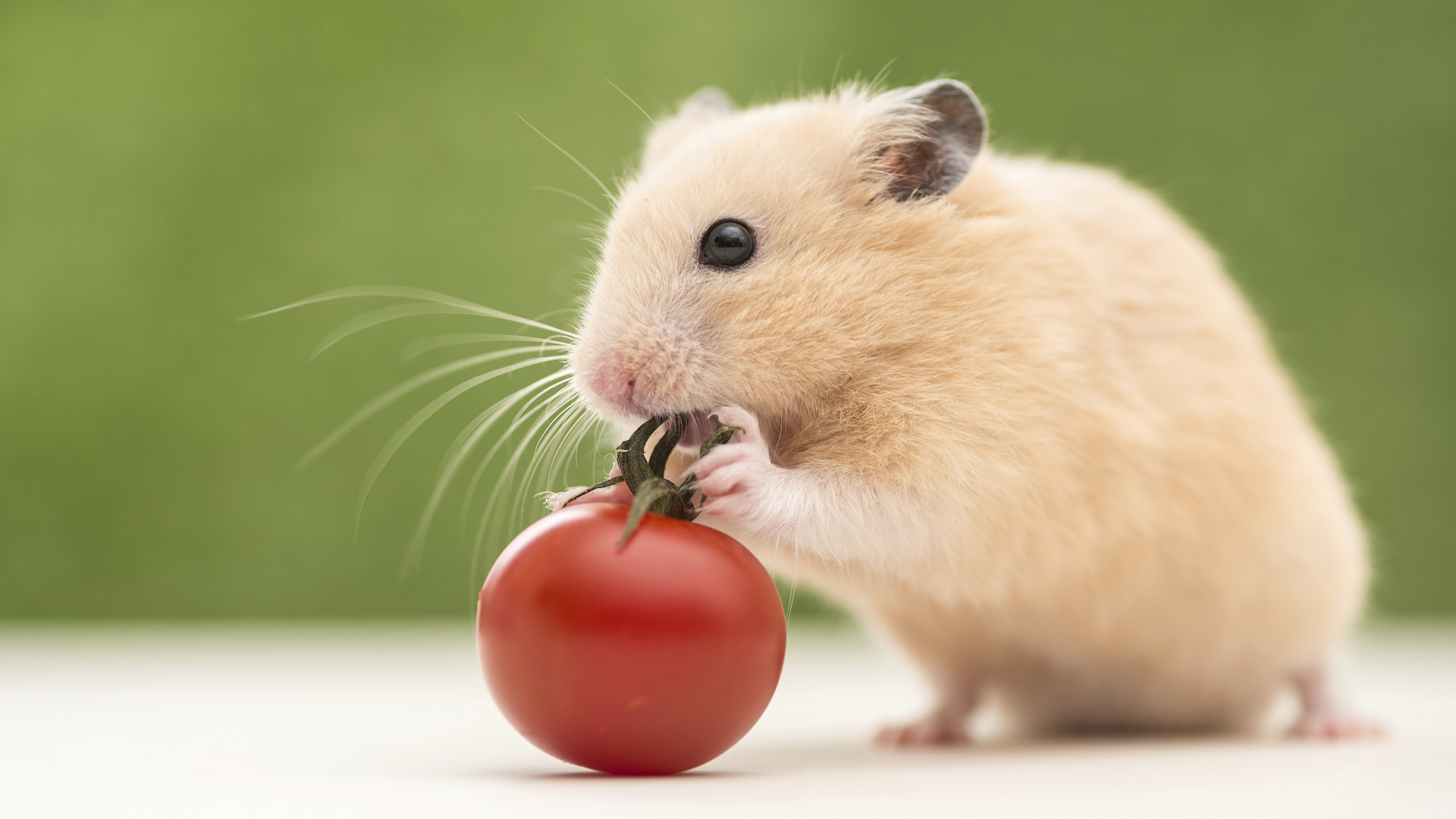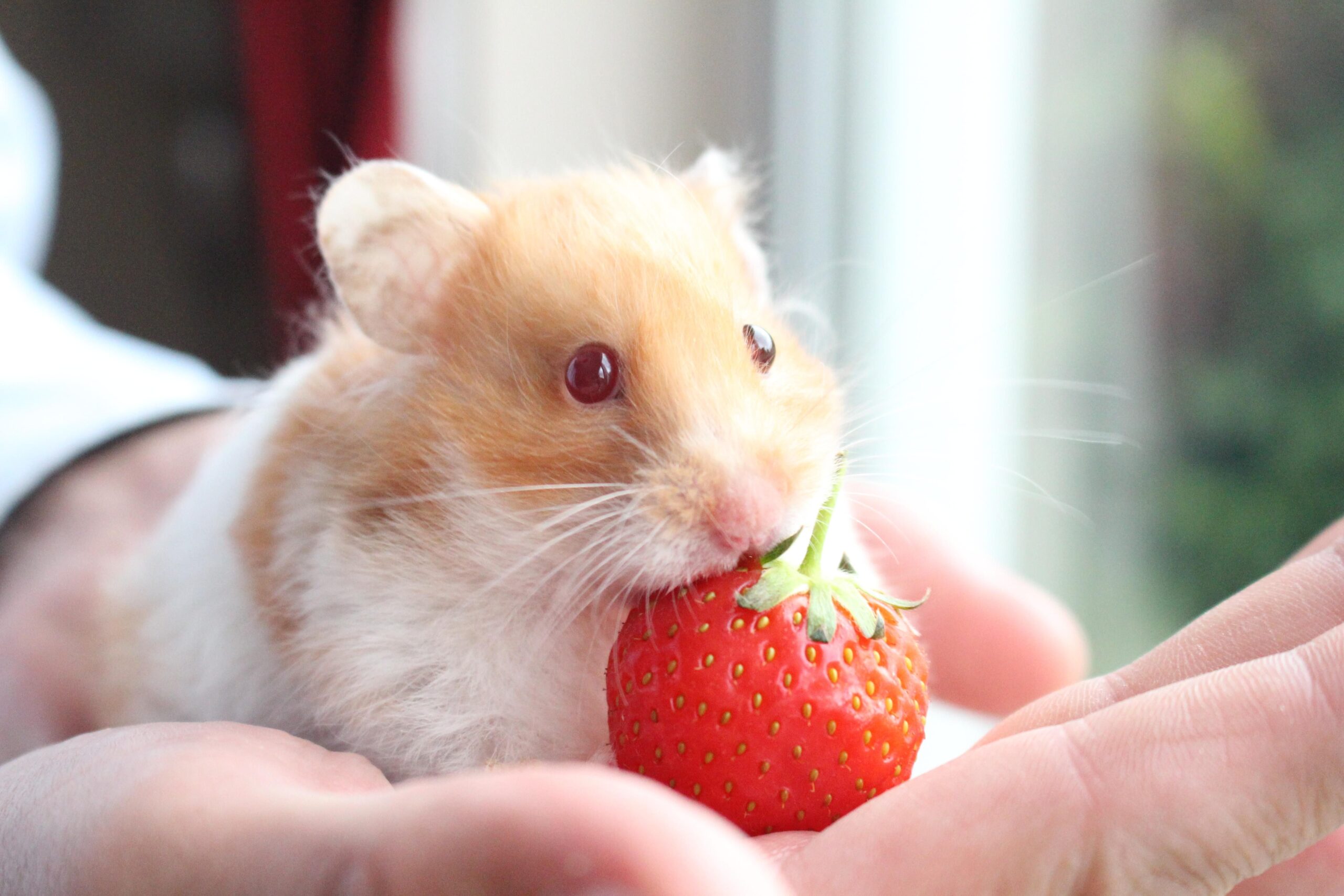What Can Hamsters Eat: A Comprehensive Guide
Introduction
Are you a proud hamster owner looking to provide the best nutrition for your furry friend? One of the most important aspects of hamster care is understanding what they can and cannot eat. In this article, we will explore the diverse diet of hamsters and provide you with a comprehensive guide on what they can eat to ensure their health and happiness.

Understanding a Hamster’s Diet
Hamsters are omnivorous creatures, which means they can consume both plant-based and animal-based foods. However, it is crucial to note that not all foods are safe for hamsters to consume. Some foods can be toxic and pose serious health risks. Therefore, it is essential to be well-informed about their dietary needs to avoid any potential harm.
What Can Hamsters Eat?
1. Fresh Fruits and Vegetables
Hamsters can enjoy a variety of fresh fruits and vegetables as part of their diet. Some safe options include apples, carrots, broccoli, spinach, and cucumbers. These foods provide essential vitamins, minerals, and fiber that contribute to their overall well-being. However, it is important to introduce new foods gradually to prevent digestive issues.
2. High-Quality Hamster Pellets
Hamster pellets are specially formulated to meet the nutritional requirements of these small pets. They contain a balanced blend of grains, seeds, and other essential nutrients. When choosing pellets, opt for high-quality brands that do not contain excessive fillers or artificial additives.
3. Protein-Rich Foods
Protein is an essential component of a hamster’s diet, as it supports their growth and development. Safe sources of protein for hamsters include cooked chicken, boiled eggs, and mealworms. These foods should be offered in moderation to prevent overconsumption.
4. Whole Grains and Seeds
Whole grains and seeds are a great source of energy for hamsters. Foods like oats, barley, flaxseeds, and sunflower seeds can be included in their diet. However, it is important to avoid giving them large quantities of seeds, as they are high in fat.
5. Hay and Fresh Water
Hay is an important part of a hamster’s diet as it aids in digestion and helps maintain dental health. Additionally, providing fresh water in a sipper bottle is crucial to keep your hamster hydrated at all times.
Foods to Avoid
While hamsters have a wide range of foods they can eat, there are certain items that should be strictly avoided. These include:
- Chocolate: Chocolate is toxic to hamsters and can lead to severe health issues.
- Citrus Fruits: Citrus fruits can cause digestive problems and should be avoided.
- Onions and Garlic: These foods can be harmful to hamsters and should never be fed to them.
- Sugary and Salty Foods: Foods high in sugar or salt can disrupt a hamster’s delicate balance and lead to health complications.
Conclusion
In conclusion, providing a well-balanced and nutritious diet is crucial for the health and well-being of your hamster. By understanding what they can eat and avoiding harmful foods, you can ensure that your furry friend lives a happy and healthy life. Remember to introduce new foods gradually and always prioritize their safety and nutritional needs.
FAQs
-
Can hamsters eat bananas?
Yes, hamsters can eat bananas in moderation. They are a good source of vitamins and minerals. However, due to their high sugar content, it is important to offer them in small quantities. -
Are nuts safe for hamsters to eat?
While nuts can be a good source of protein and healthy fats, they should be given sparingly. Nuts are high in fat and can lead to obesity and other health issues if overfed. -
Can hamsters eat cheese?
Hamsters can eat small amounts of cheese occasionally. However, it is important to choose low-fat options and offer it as an occasional treat rather than a regular part of their diet. -
Is it safe to feed hamsters grapes?
Grapes can be given to hamsters as an occasional treat. However, it is important to remove the seeds and offer them in small, bite-sized pieces to prevent choking hazards. -
Can hamsters eat lettuce?
Lettuce can be given to hamsters in small amounts. However, it is important to avoid iceberg lettuce as it has low nutritional value. Opt for darker leafy greens like spinach or kale instead.

